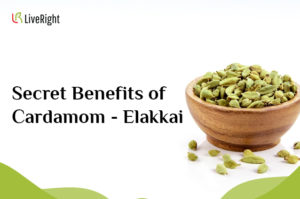No meal is complete without curd (or its other forms like buttermilk), at least in India. According to Ayurveda, curd, a rich source of beneficial bacteria, is an excellent home remedy for many health conditions.
It improves appetite, stimulates taste buds, controls oral infections and helps your body absorb calcium (which helps prevent osteoporo1sis), all of which helps build immunity and strength.

But, as with almost everything in life, there is a time to have curd as well. You should not have curd at night as it’s hard to digest. Your meal at night should ideally be light and should not tax your digestion process. It’s best had during winter. Avoid curd during autumn, summer and spring and go for buttermilk instead.
Why buttermilk?
Buttermilk is not diluted curd as some believe, it’s curd that’s churned so it doesn’t contain butter. The curd is made from full cream fresh milk. Then the curd is churned and the butter is separated from the curd. The leftover liquid is the buttermilk. It becomes easier to digest and provides a cooling effect to the body.
So, how can I have curd?
1. You shouldn’t have curd regularly.
2. It should never be heated.
3. It’s not recommended for those suffering from obesity, inflammatory conditions, arthritis and skin diseases.
4. Make sure it’s fully formed as partially formed curd aggravates skin diseases.
5. Don’t take it plain! Add a bit of sugar, honey or jaggery.
Visit us @liveright.in to know more!




